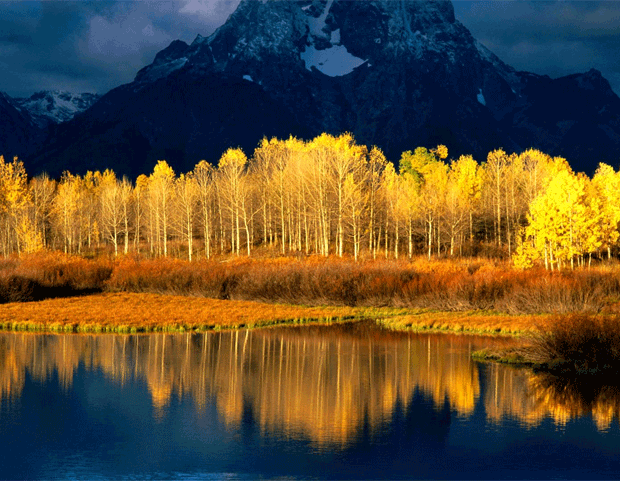
What Al and I discovered within the pages of the next books we read was more riveting than the most fantastic fiction. I am proud of my size, I admit it. After all, I am a 4000 pounder, but what we learned left me feeling like a lightweight and not a little deflated. It seems I have cousins living in the ocean who are twenty-five times larger than elephants. And Pando, possibly the Earth’s oldest and largest inhabitant is even larger – 13 million pounds, to be approximate. Pando is a single organism composed of thousands of genetically identical aspen trees sharing a common root system.
We learned that the strong bark and regenerative properties of Eucalyptus trees help defend them against bush fires. But, not only are they prepared for fire, they actively participate in making it happen by releasing a highly flammable oil. You see, because they co-evolved with fire, many eucalypts require fire to release their seeds.
We knew that hippos and the other grazers need the grass and plants to eat, but Al and I were stunned to find that, once again, as a result of evolving together, the grass also needs zebras, antelope, wildebeests, and, of course, me. By chomping and nibbling, we stimulate growth and nutrient exchange and keep the dead litter from accumulating and choking out new growth; we add organic matter to the soil with our poop; and as we walk, we press the dead grasses and flowering plants into the soil to be decomposed by bacteria, fungi, earthworms, ants, and more.
“Which makes more food to grow more grasses!” chirped Al. “What a splendid system!”
“That’s not all, Al. Even the lions and cheetahs, who bring death to some, ultimately benefit us all, including their prey species.”
“All the pieces fit together perfectly,” mused Al.
“And here’s the best part, Al. I always knew my poop was impressive, but I never knew that it is known as the life blood of the African rivers. Insects and fish find it delicious. These insects and fish are a key source of protein for other river animals. The fish also provide sustenance and livelihood for the humans. In addition, my poop fertilizes the fruit-bearing shrubs and trees which, in turn, provide more fruit for the monkeys and birds.”
“Your poop is truly a marvel, Hippo,” said Al.
And all this is just the tip of the iceberg, or, as we say in Africa, the ears of the hippo.
Perhaps most incredible of all, we learned about humans, seemingly fragile things without claws, without big teeth, without great speed or strength, who have nevertheless influenced the world like no other life form. You have learned to use fire, to fly without wings, to send messages around the world, and to write stories and poetry that make me roar with delight or howl in grief. Your books have allowed me to see a world no hippo has ever seen, a world that is unimaginably breathtaking. There is no doubt about it – humans are unusual creatures, to say the least.
“Why then, are they causing us so much trouble?” Al wondered aloud.
